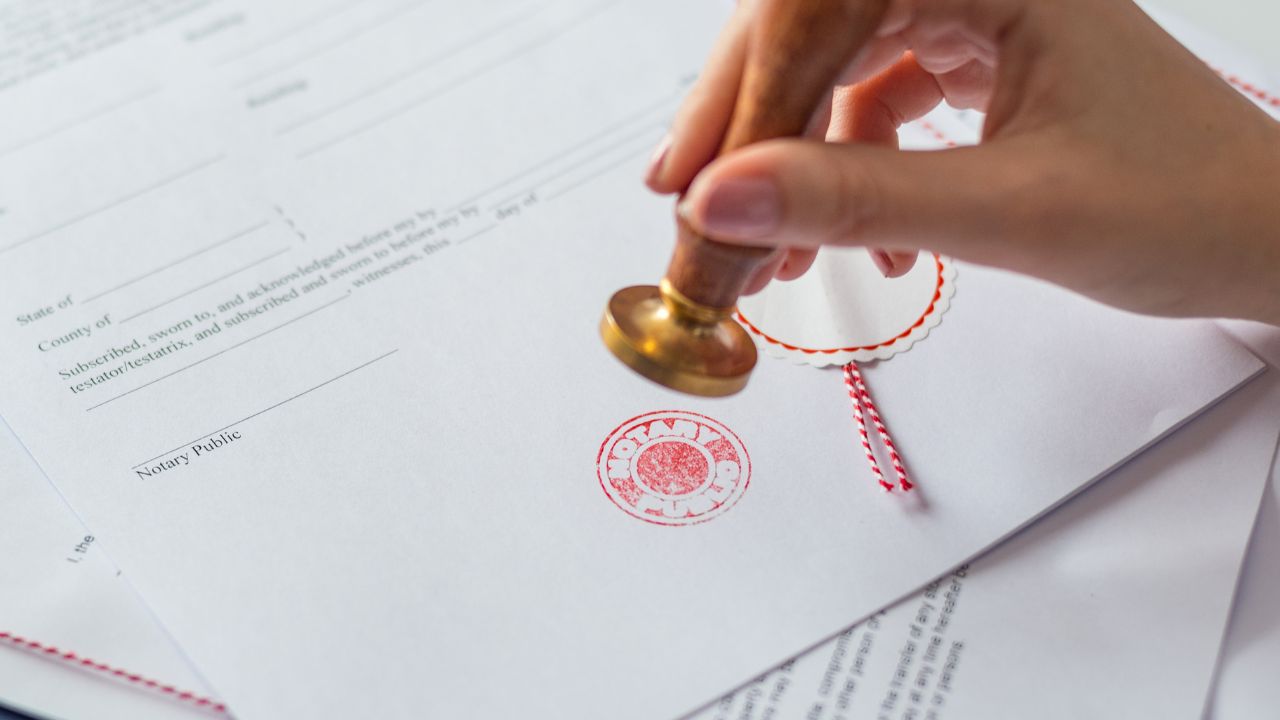When managing affairs across borders, particularly between the UK and India, understanding the legal intricacies can be challenging. One common question is whether a UK Power of Attorney (POA) is valid and enforceable in India. Unfortunately, the straightforward answer is that a UK Power of Attorney cannot be used in India, in this post, we discuss the reasons and the Indian POA process.
Why a UK POA is not valid in India
Each country has its own set of laws and regulations governing the execution and validity of a POA. In India, the Indian Powers of Attorney Act, 1882, and the Registration Act, 1908, are the primary statutes governing POAs. These laws stipulate specific procedures for the creation, attestation, and registration of a POA to be utilised within the Indian jurisdiction.
Conversely, the UK follows its legal framework, with the Powers of Attorney Act 1971 and the Mental Capacity Act 2005 being key legislations.
Due to these jurisdictional differences, a POA made to be utilised in the UK does not automatically meet the requirements set forth by Indian law.
Some other key differences between a UK POA and an Indian POA are as follows:
- Types of POA: Under Indian law, there are mainly two types of POAs, General Power of Attorney and Special Power of Attorney. Whereas under the UK there are several more different types of POA, such as a lasting power of attorney (LPA), Enduring power of attorney and so on.
- Document structure: In the UK, the Office of the Public Guardian provides forms for a Lasting Power of Attorney. Whereas, an Indian Power of Attorney may be drafted by an experienced and qualified person.
- Documentary requirements: The documents required to create an Indian POA differ from a UK POA.
- Execution process: Indian law requires that an Indian Power of Attorney in the UK be notarised, attested and then registered in India. In the UK, these requirements do not exist.
Steps to Create a Valid POA for Use in India
Given the legal constraints, here are the practical steps for creating a Power of Attorney that is valid in India while residing in the UK:
- Drafting the POA: Engage a legal expert familiar with Indian law to draft the Power of Attorney. Ensure it meets all the specific requirements of the Indian Powers of Attorney Act, 1882.
- Notarisation and Attestation in the UK: Once the POA is drafted, it needs to be signed and attested by a Notary Public in the UK. Following this, the document should be submitted to the Indian High Commission or Consulate for attestation. This step confirms the document’s authenticity for use in India.
- Registration in India: After attestation, the POA must be adjudicated by the appropriate sub-registrar office in India. This involves presenting the attested document, paying the applicable stamp duty, and completing any additional registration formalities. The registration authority may vary depending on the nature and purpose of the POA.
- Execution and Use: Once adjudicated, the Power of Attorney can be executed and used for the intended purposes in India. It is crucial to maintain copies of all documents and receipts related to the adjudication process.
A Power of Attorney is an essential tool for managing Indian legal affairs from abroad, however, a POA that does not comply with Indian law can lead to legal issues and invalidation of the document. Therefore, it is advisable to seek guidance from an experienced professional. Additionally, ensure all validation processes are completed promptly. Typically, an Indian POA must be registered in India within 90 days of notarization.
How we can help
Our experienced Indian legal team is well-equipped to assist you with your Indian Power of Attorney (POA). We offer comprehensive services to ensure your POA complies with Indian legal requirements and is processed efficiently.
For assistance, please contact us at +44 208 757 5751 or reach out through our contact form.






